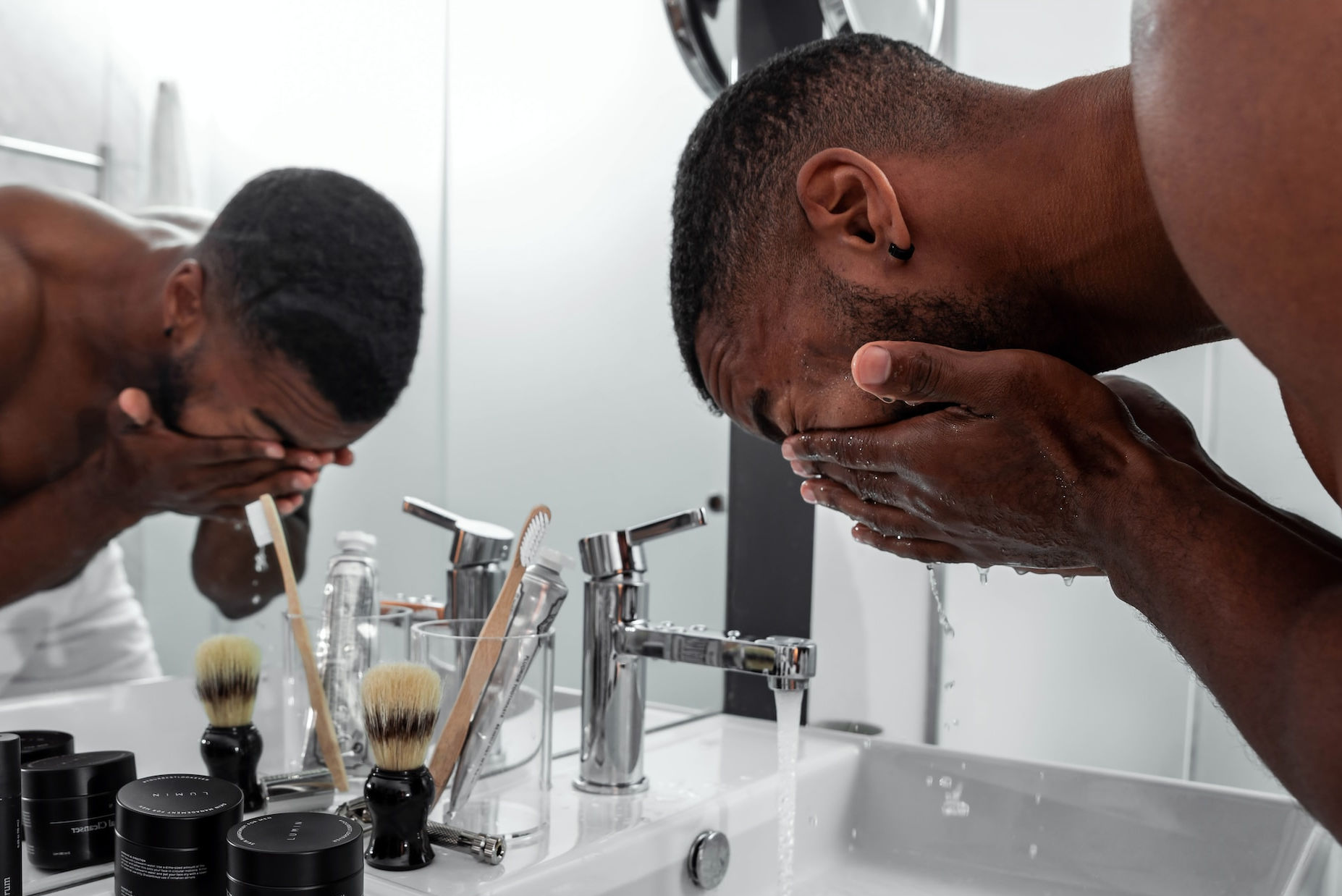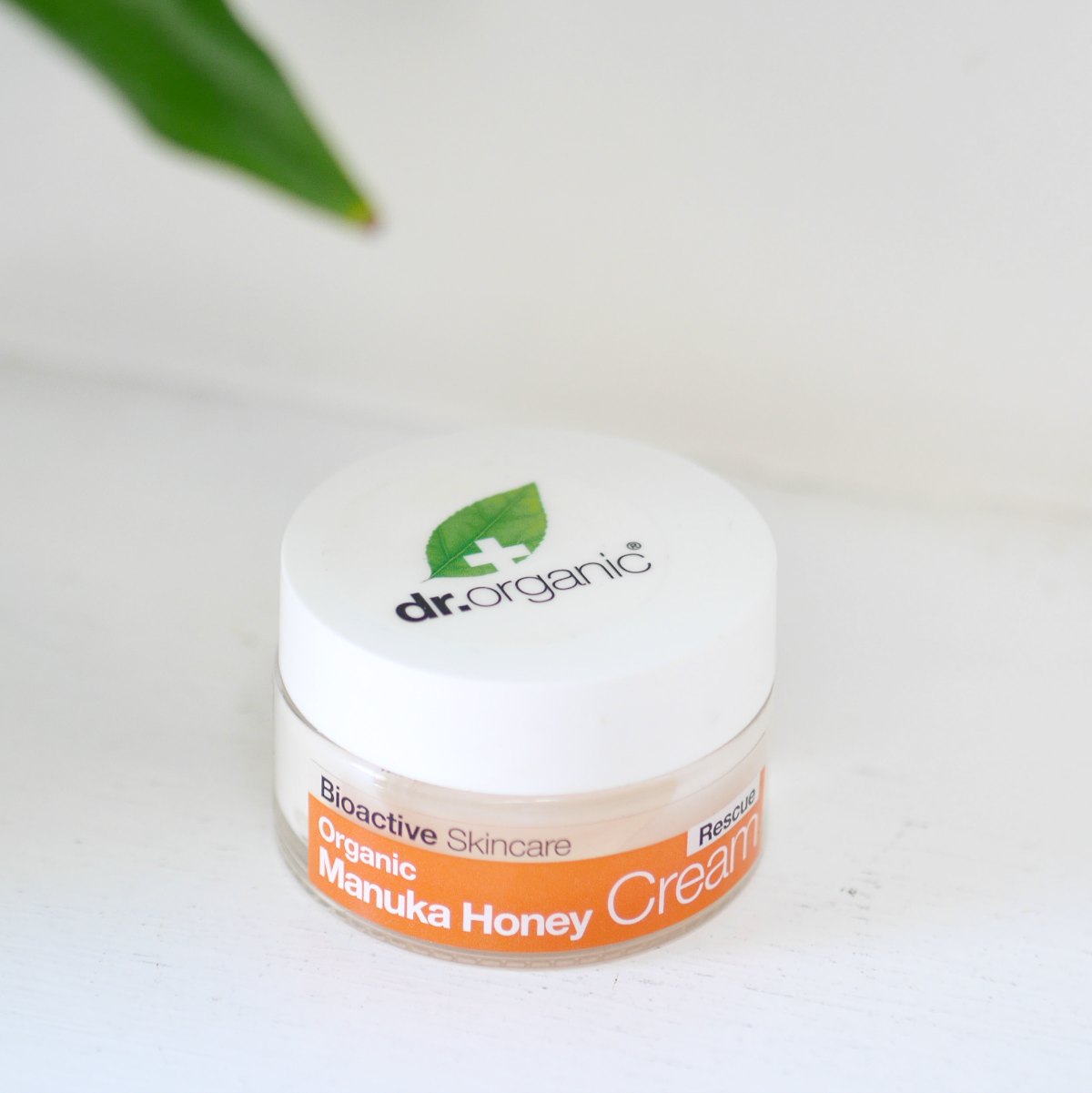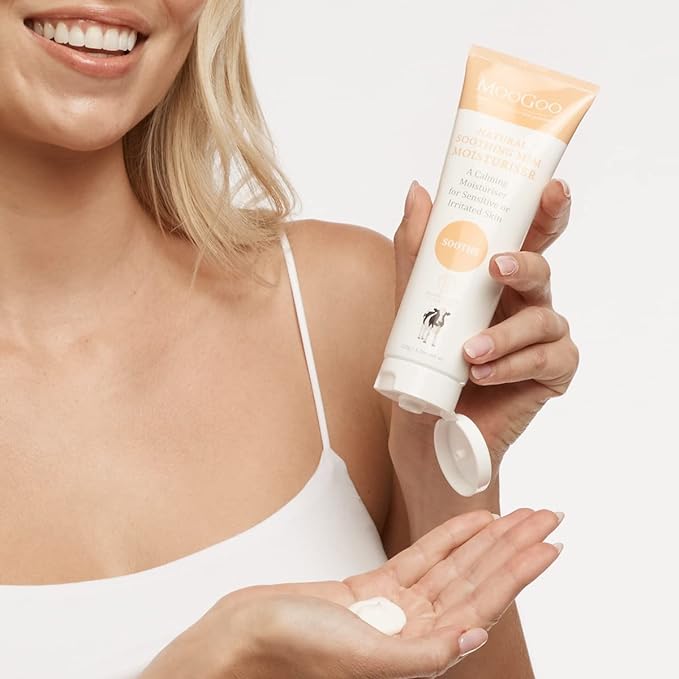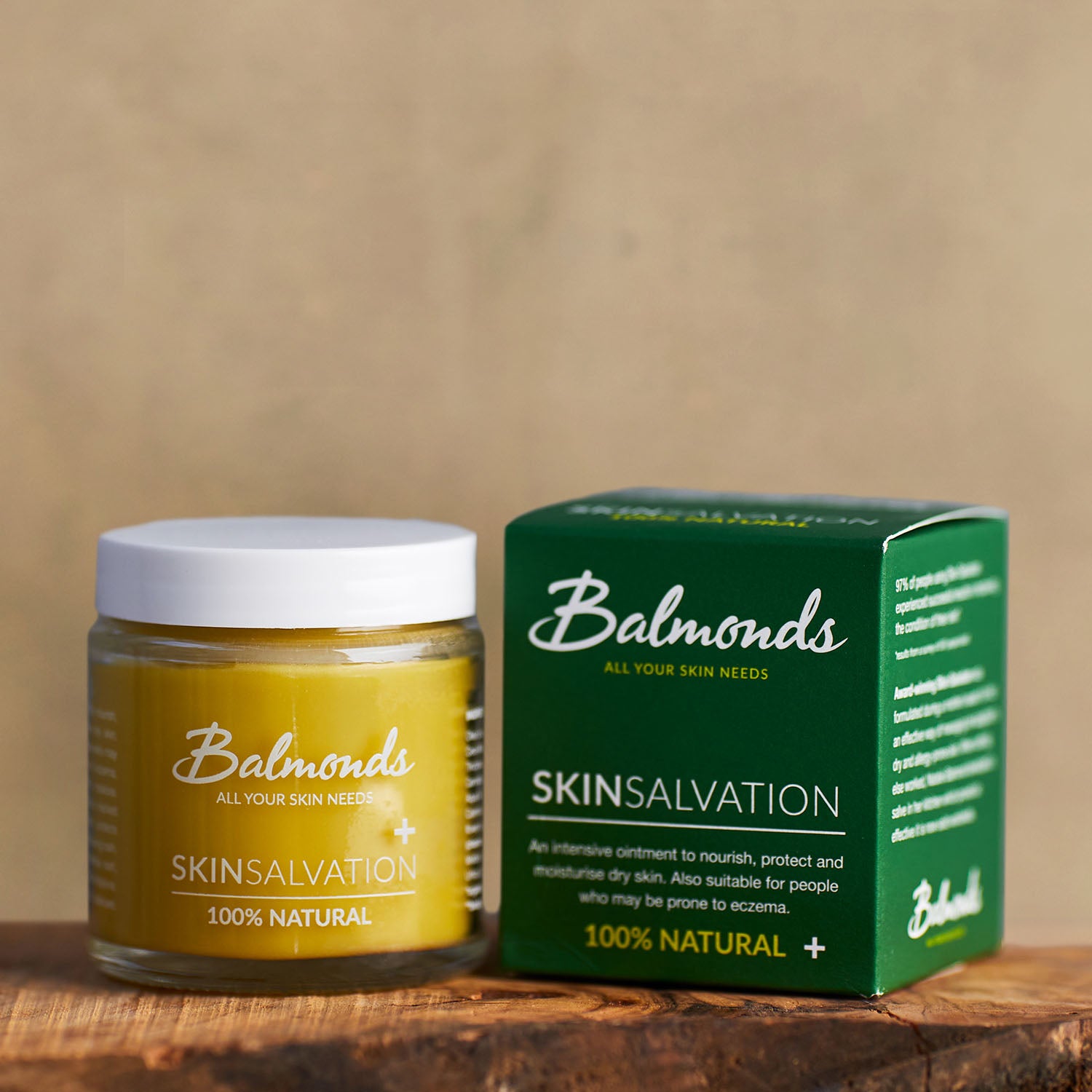Identifying the exact cause of the allergy can be a complex task. The allergic reaction may appear long after initial exposure or follow indirect contact through hands, air, or other means. Consulting a dermatologist specializing in dermato-allergology is advisable. They can guide your search and confirm any suspicions. The doctor may conduct allergy patch tests to identify the specific allergen responsible.
Remember that the allergic reaction is caused by an allergen, not the object or product itself. For example, with costume jewelry, the allergy is often to nickel.
It’s essential to differentiate atopic eczema from contact eczema, especially around the eyes. The primary distinction is the cause. Atopic eczema is not caused by allergies but rather by atopy, a genetic hypersensitivity to environmental factors. Atopic dermatitis can affect the eyelids, and it can sometimes be challenging to distinguish it from other conditions, including allergic conjunctivitis caused by airborne allergens like dust, animal hair, or pollen.
Eye eczema can be a challenging and uncomfortable condition, but with the right knowledge and care, you can effectively manage and alleviate its symptoms. If you’re experiencing eye eczema and eczema around your eyes, remember that it’s essential to consult a dermatologist for a precise diagnosis and personalized treatment plan. By identifying the cause, making lifestyle adjustments, and following the right skincare routines, you can find relief from eye eczema’s discomfort and itching.
Note: Consult with a healthcare professional or dermatologist for personalized guidance on managing your eye eczema.




